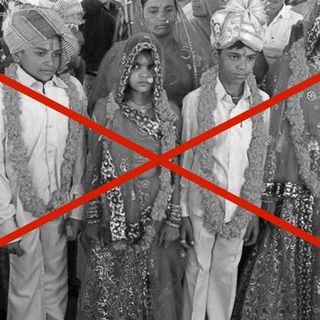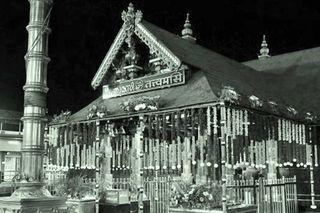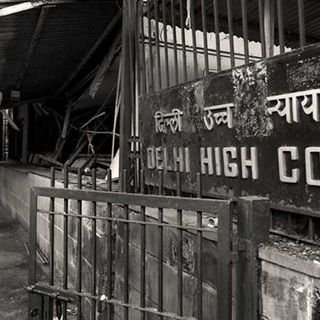
Supreme Court: If A Man Can Enter a Temple, a Woman Can Also
Court comments hint at a progressive ruling in the Sabarimala Temple debate.

Potentially signalling a progressive ruling, the Supreme Court struck an egalitarian tone Wednesday during debates over whether women should be allowed in Kerala’s Sabarimala Temple.
“If a man who is not a trustee or poojari can enter, then a woman can also,” said Chief Justice Dipak Mishra, who headed the court bench of five. He added that the only reason for not allowing a person into the temple would be on grounds of health, morality and public order, reports The Indian Express.
The Sabarimala Temple follows an 800-year-old practice that bans women, aged 10 to 50, from entering the temple of Lord Ayyappa, as their assumed menstruation is said to sully the vow of celibacy associated with Ayyappa. This has been challenged by a petitioner in court, whose advocate called the practice discriminatory and “neither a ritual nor a ceremony associated with Hindu religion,” which, he argued, originally included women equally in worship.
As Scroll notes, it’s rather besides the point whether Hinduism originally recognized women as equal partners in worship: “Perhaps the question to ask is not whether the ban violates the true, ancient traditions of Hinduism but whether it contradicts the idea of a gender equal society today.”
That question is particularly apt, not only to this case or this religion, but to many religions with practices that deny women equal agency or practice. And nearly all major religions are guilty of this in some way, from Christian bans on female priests, to Hindu and Buddhist temples that deny women entry, to triple talak (ruled unconstitutional by the Supreme Court last year) and nikah halala, which is soon to be adjudicated by the Supreme Court as well.
“They [temple officials] argue it is not based on sex; they say it is based on menarche, the age when women menstruate,” argued another advocate, Indira Jaising. “The discrimination based on physiology applies only to women and hence it is a discrimination based on sex.”
She further noted that temple entry laws are based on Article 17 of the Constitution, which abolishes untouchability and related bans of entry. Banning women entry due to menstruation amounts to a form of untouchability, she argued, and is therefore unconstitutional.
The Supreme Court signaled they may agree: “On what basis you [temple authorities] deny the entry. It is against the Constitutional mandate. Once you open it for public, anybody can go,” said Chief Justice Mishra.
In a surprising turn of events, the counsel of the State of Kerala informed the court that the government would be supporting women’s entry into the temple, per Live Law; this marks the fourth time the Kerala government has switched its stance on the issue. To this, the bench said, “You are changing with the changing times.”
Related


MH Scheme to Promote Girls’ Education Hasn’t Been Updated in 25 Years
